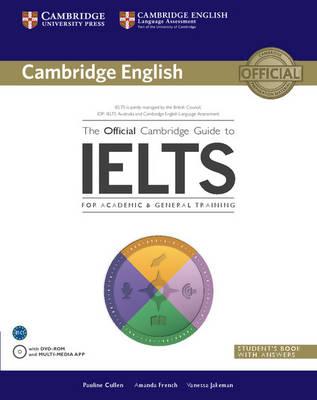English
- استرجاع مجاني وسهل
- أفضل العروض
1
متوفر قريبا
المواصفات
| الناشر | Taylor And Francis Ltd |
| رقم الكتاب المعياري الدولي 13 | 9780415543460 |
| اللغة | الإنجليزية |
| العنوان الفرعي للكتاب | For Love Or Money? |
| وصف الكتاب | By trying to alleviate poverty abroad, foreign development assistance tries to meet, among other things, basic human needs, which some schools of thought classify as basic human rights. However, because development abroad has often been treated as a tool for the pursuit of donor interests, rather than as an end to itself, it often ends up not only neglecting basic human rights, but making them worse. Bethany Barratt develops this argument by presenting a systematic external examination of the internal documentation of aid rationale in three major donor countries (Britain, Canada and Australia). The book sets the discussion of these documents in the context of the foreign policy process and structure of each donor, and contrasts it with the results of statistical analyses of key factors in aid. It shows that different criteria are applied to the various categories of recipient states, resulting in an inconsistent treatment of recipient rights as an aid criterion. While the book demonstrates important gulfs between rhetoric and reality, between elected policymakers and aid implementing agencies, and between the donors themselves, it comes to relatively optimistic conclusions about the general direction of foreign assistance and its increasingly pure focus on poverty alleviation. This substantive and important book will be invaluable to students, researchers and policymakers in the fields of politics, economics and development. |
| عن المؤلف | Bethany Barratt is an Assistant Professor of Political Science at Roosevelt University, Illinois, USA |
| تاريخ النشر | 27-Feb-09 |
| عدد الصفحات | 240 |
Human Rights And Foreign Aid: For Love Or Money? Paperback English by Bethany Barratt - 27-Feb-09
تمت الإضافة لعربة التسوق
مجموع السلة 0.00 د.إ.


























































































































